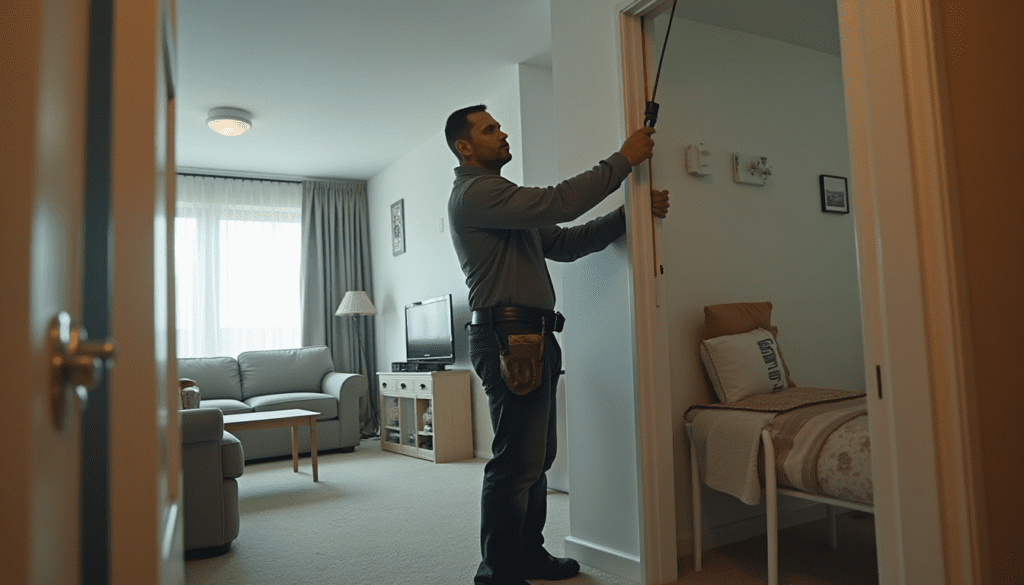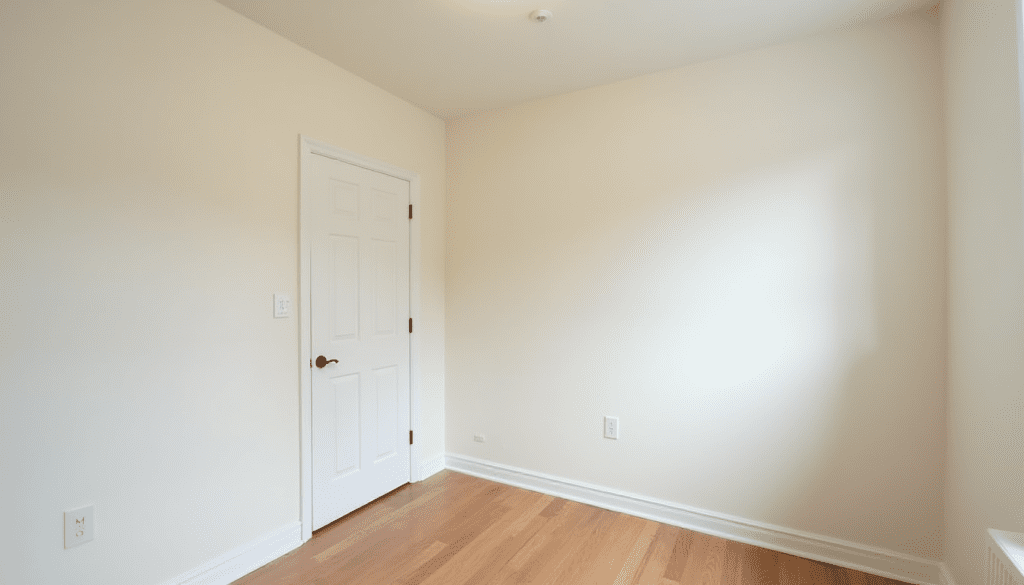Tags: “Local Cash Buyer”, “Real Estate”, “Community”, “Quick Sale”, “Home Selling”, “Neighborhood”, “Cash Offer”, “Property Market”
In the ever-evolving landscape of real estate transactions, one avenue stands out for its simplicity, speed, and community connection: selling to a local cash buyer. In today’s fast-paced world, homeowners are increasingly turning to local cash buyers for a seamless selling experience. Let’s delve into the manifold benefits that come with this approach.
Streamlined Process, Swift Results
The foremost advantage of selling to a local cash buyer is the expedited process it offers. Unlike traditional methods, which can be bogged down by lengthy negotiations, inspections, and financing contingencies, selling to a local cash buyer bypasses these hurdles. With cash in hand, these buyers are prepared to make swift decisions, often closing the deal in a matter of days rather than weeks or months.
Minimal Hassle, Maximum Convenience
Another enticing aspect of selling to a local cash buyer is the reduction of hassle and inconvenience for the seller. Say goodbye to staging your home for multiple showings, enduring endless open houses, or navigating the complexities of escrow. Local cash buyers often purchase properties in their current condition, sparing sellers the time and expense of repairs and renovations. This streamlined approach allows sellers to offload their properties with ease, freeing them to focus on their next chapter.
Personalized Service, Local Expertise
When you sell to a local cash buyer, you’re not just completing a transaction; you’re engaging with a member of your community who understands the local market intricacies. These buyers bring a wealth of neighborhood knowledge and insight to the table, providing personalized service tailored to your specific needs. Whether it’s navigating zoning regulations, assessing property values, or understanding community trends, local cash buyers offer invaluable expertise that transcends the transaction itself.
Supporting Local Economy, Fostering Community
Opting to sell to a local cash buyer isn’t just about the bottom line—it’s also about investing in your community. By keeping transactions within the neighborhood, sellers contribute to the local economy and foster a sense of community solidarity. Local cash buyers often reinvest in the area by renovating properties, revitalizing neighborhoods, and supporting local businesses. This symbiotic relationship strengthens the fabric of the community and creates a ripple effect of positive impact for all residents.
Flexible Terms, Tailored Solutions
One size does not fit all when it comes to real estate transactions, and local cash buyers understand this implicitly. Unlike rigid institutional buyers, local cash buyers offer flexible terms and creative solutions to meet sellers’ unique circumstances. Whether you’re facing foreclosure, inheriting a property, or simply seeking a hassle-free sale, local cash buyers can craft a tailored solution that aligns with your goals and timeline. This personalized approach ensures that sellers feel empowered and supported throughout the transaction process.
Final Thoughts
Selling to a local cash buyer offers a multitude of benefits that extend far beyond the transaction itself. From streamlined processes and minimal hassle to personalized service and community support, this approach embodies the essence of efficiency, convenience, and connection. So, the next time you’re contemplating selling your home, consider the advantages of engaging with a local cash buyer. Embrace the simplicity, speed, and community spirit that come with selling locally, and unlock a world of possibilities for yourself and your neighborhood.






